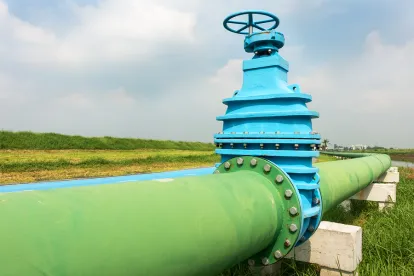On March 24, the U.S. State Department’s Under Secretary of State for Political Affairs issued a Presidential cross-border permit to TransCanada Keystone Pipeline, L.P., pursuant to Executive Order 13337 of April 30, 2004, authorizing the company to construct and operate the Keystone XL pipeline. President Trump invited TransCanada to “promptly re-submit” its application to the State Department in a Jan. 24, 2017, Presidential Memorandum, which the company did on Jan. 26.
The Secretary of State is authorized by Executive Order 11423 of August 16, 1968, as amended, and Executive Order 13337 of April 30, 2004, to receive applications for Presidential permits for cross-border petroleum pipelines and issue permits for projects that “would serve the national interest.” The Obama Administration State Department issued a determination on Nov. 6, 2015, that Keystone XL would not serve the national interest because it “would significantly undermine [the U.S.’s] ability to continue leading the world in combatting climate change.” The Department of State Record of Decision and National Interest Determination that accompanied the March 24 permit notes that “there have been numerous developments related to global action to address climate change” and that “in this changed global context, a decision to approve [Keystone XL] at this time would not undermine U.S. objectives in this area.”
The State Department’s approval of the Keystone XL Presidential permit continues the brisk pace of decisive executive action on pipelines, such as the U.S. Army Corps of Engineers’ grant of the easement for the Dakota Access Pipeline in February after another Jan. 24, 2017 Presidential Memorandum directed the Corps to expedite the review process.
Various environmental groups, native tribes and other pipeline opponents have expressed their intent to challenge the March 24 Presidential permit. Meanwhile, TransCanada will still need to obtain approvals from multiple state public service commissions along the pipeline’s proposed route. For example, the company filed an application with the Nebraska Public Service Commission on Feb. 16, 2017, and multiple parties have petitioned to intervene in the process both in favor of and opposing the pipeline.








 />i
/>i

